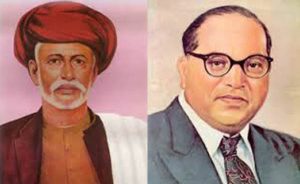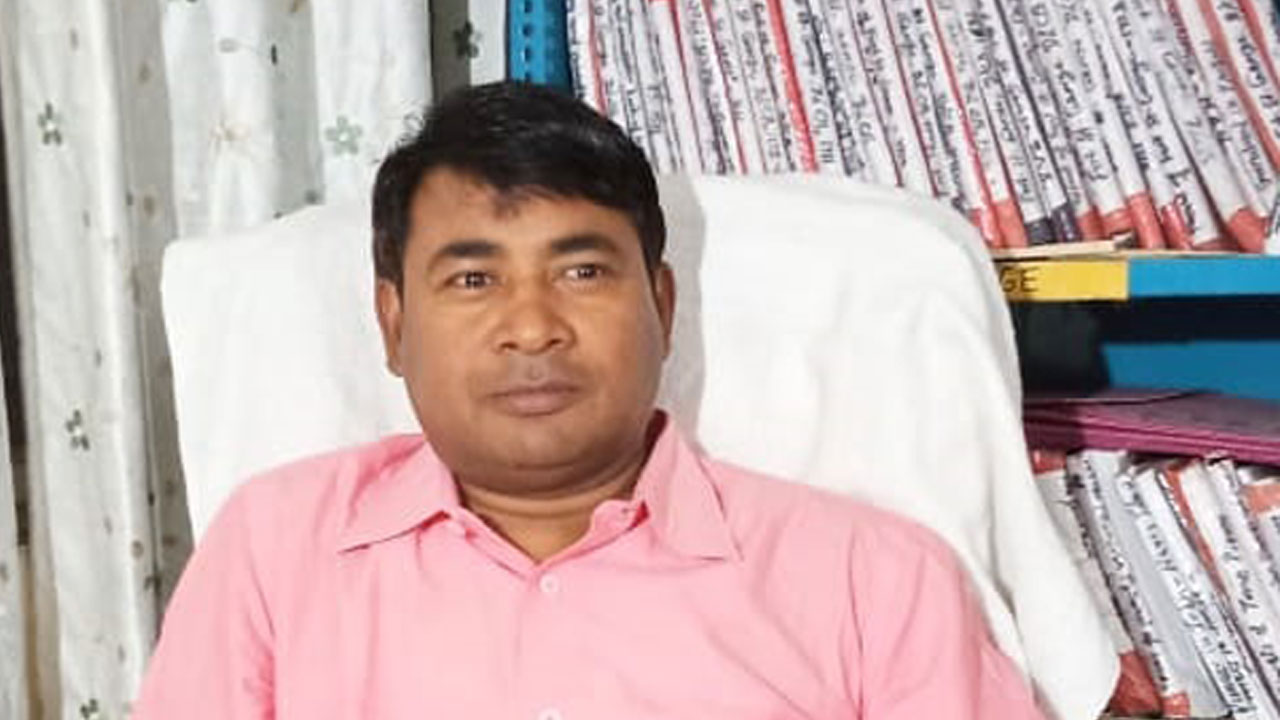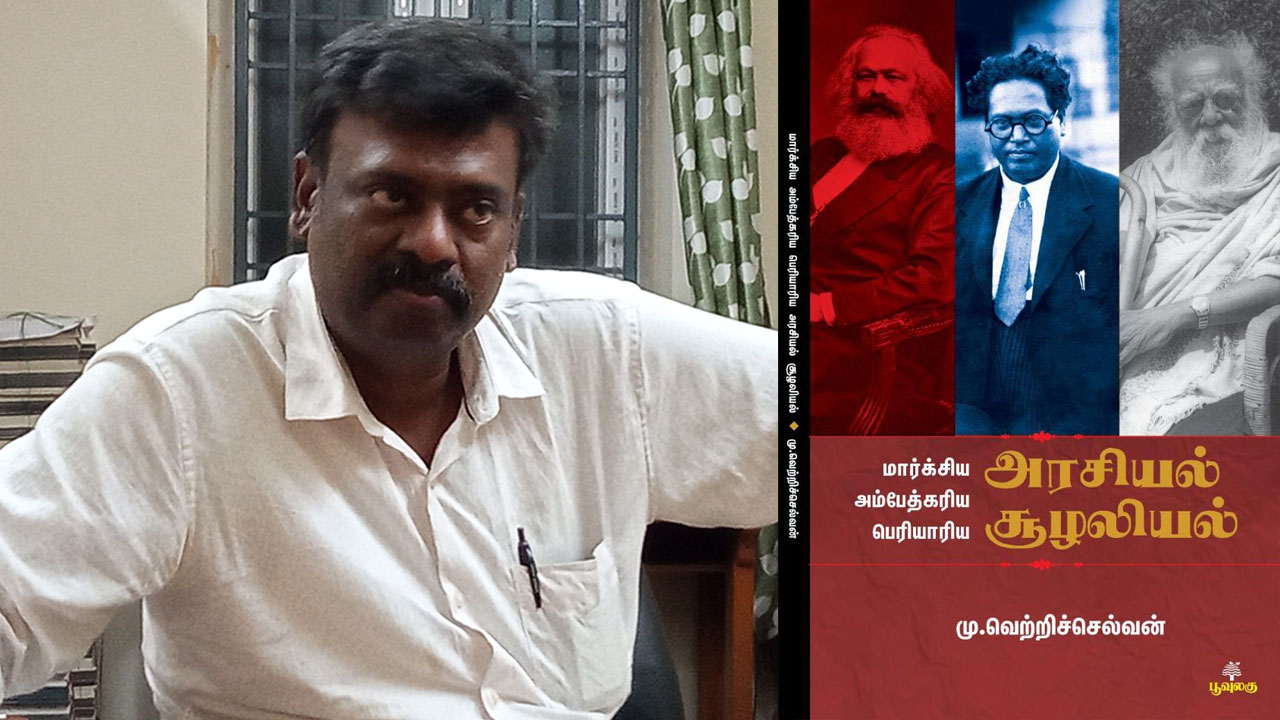
When we launched FORWARD Press in 2009 to be the voice of India’s silenced majority, it was my heart’s desire to launch it in April. Why April? Because it is in April that Dalitbahujans celebrate the birth anniversaries of two of our greatest modern leaders, Mahatma Jotiba Phule and Dr Bhim Rao Ambedkar. But Indian bureaucracy delayed us. Hence the inaugural issue came out in May 2009 and the first official registered one in June 2009. Still, year after year, we have celebrated the magazine’s foundation anniversary in April, ideally around the 11th and the 14th, those two great Dalitbahujans’ jayantis.
Initially, the April FP issue focused on Phule and the December one on Ambedkar. Then we moved to a focus on both in the April issues. However, this April FP is historic. It focuses on Ambedkar because this year marks the 125th anniversary of his birth. Moreover, while after June FP will continue in its new avatars on the web and in books, for the foreseeable future it is the last FP April and Ambedkar special issue in print!
One thing that both Phule and Ambedkar agreed on was that in modern India the city was a venue for liberation of Dalitbahujans. Phule knew that from his own family experience over three generations. It was in Pune that his Mali caste grandfather and father became florists (hence “phule”) to the Peshwas and thus graduated from vegetable farmers to small-scale entrepreneurs. Phule himself eventually became a businessman, taking up city construction and repair contracts. Ambedkar recognized the difference between his first schooling in rural Maharashtra, where he first experienced untouchability, and his experiences as a student in the cities of New York and London that helped him – temporarily – forget his untouchability, until he returned to Indian shores.
In this month’s Cover Story Sanjay Jothe examines Ambedkar’s thinking on cities and Dalitbahujans. He shows how for Dalitbahujans especially the usual Marxist understanding of urbanization’s impacts are inadequate; only a Phule-Ambedkar perspective offers direction and hope. And yet the evidence suggests that to date India’s cities have betrayed Phule’s and Ambedkar’s dreams for Dalitbahujans.
We welcome back our now regular contributor Anirudh Deshpande, who brings his learned appreciation of Ambedkar as a modern historian, truly ahead of his times in both methodology and conclusions. In fact, he calls Ambedkar the “anti-myth Indian pioneer of deconstruction” despite his being a modernist to the core. This squares with a talk I gave in 2011 on “Mahishasur and Macaulay: The Limits of Postmodernity” in which I said while using the post-modernist tools of deconstruction Dalitbahujans must, like Phule and Ambedkar, remain modernists in terms of accepting a grand metanarrative that drives us forward.
FORWARD Press proposes that from April 2017, around the Phule and Ambedkar jayantis we celebrate Dalitbahujan Week and, why not, eventually make every April Dalitbahujan Month?
At a time when many on the left and the right are selectively appropriating Ambedkar for their own ends, the Dalitbahujans need to know and understand their two leading lights, Phule and Ambedkar – the compass and the map that together lead towards an emancipative future.
Just as Prime Minister Modi, as he went up to deliver the sixth Dr Ambedkar Memorial Lecture on 21 March, responded to the chants of “Bharatmata ki jai” with “Jai Bhim” three times, may we this April and every April and every occasion respond with “Jai Joti! Jai Bhim!”, for “we the people” make this nation.
Until next month … Truthfully,
Published in the April 2016 issue of the Forward Press magazine





